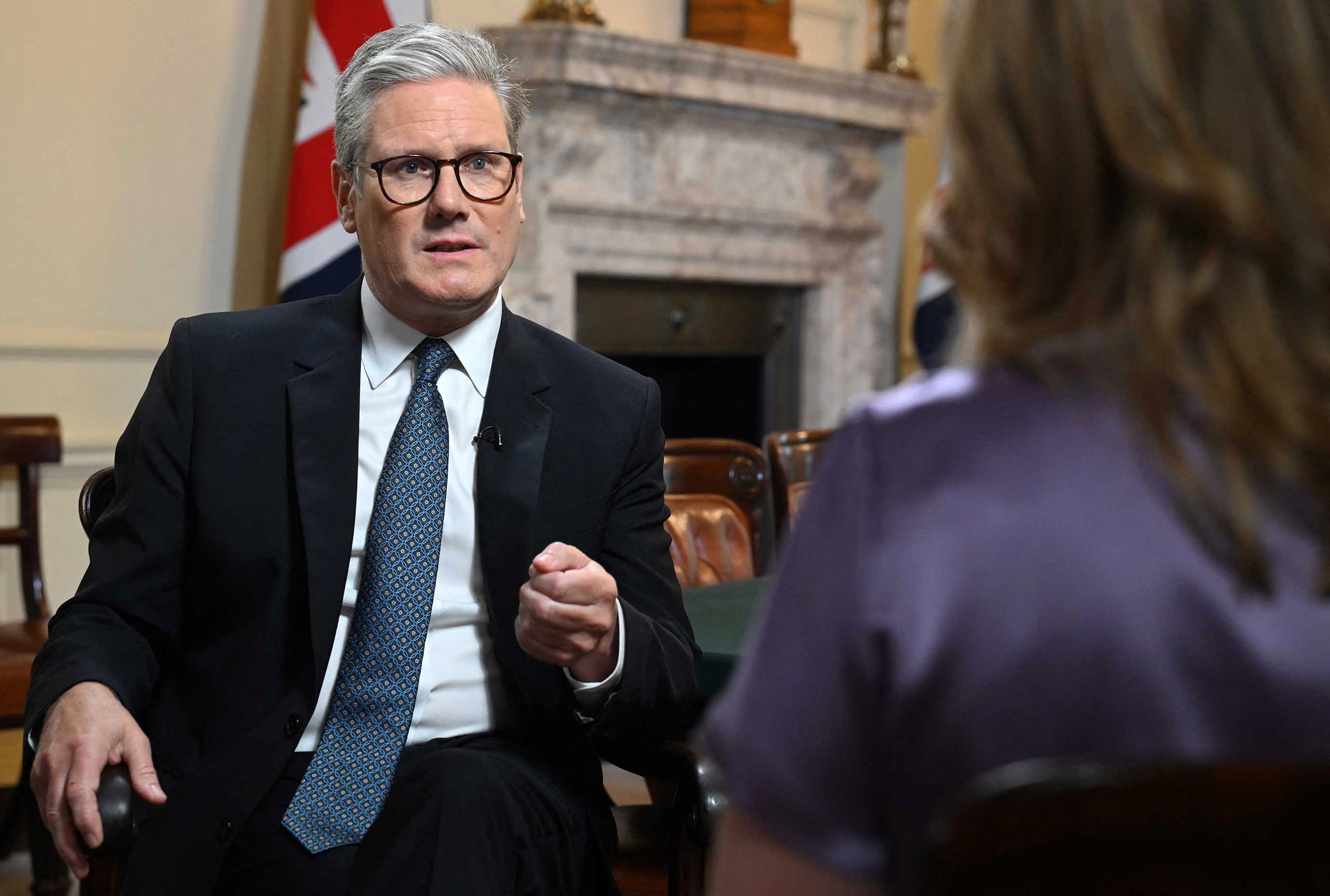Labour must learn from this early misstep on winter fuel payments
Editorial: It is hard to believe that ministers and advisers are not already reviewing how means testing the winter fuel payment became such a liability – and if they are not then they should be

Granted that all governments have to make unpopular decisions – and that to govern, as has rightly been said, is to choose – the chancellor’s early decision to means test the annual winter fuel payment to pensioners has nonetheless turned out to be something of an own goal. How much of an own goal will become clearer during this week’s House of Commons debate and in the concluding vote.
Labour’s huge majority means that it is highly unlikely (read: impossible) that the government will be defeated. There is also support for the measure from some on the opposition benches.
That the vote is pretty much a foregone conclusion, however, does not negate its significance, because the main resistance will come from the government’s side, making it an early test of the chancellor’s – and the prime minister’s – authority.
The actual size of any Labour rebellion is hard to predict. Sir Keir Starmer’s record of zero tolerance for internal dissent, combined with a majority that allows him the luxury of being able to remove the whip from dissenters with little cost to future decision-making, will limit the number of actual “No” votes.
More indicative will be the abstentions, as a gauge of those who are in principle opposed, but loath to rebel so soon in the new government’s term.
Whatever the outcome, however, the decision to means test the payment, which will deprive almost nine out of 10 pensioners of this support, increasingly looks like a rookie mistake on the part of the chancellor, Rachel Reeves.
It was something that may have looked acceptable, even sensible, on paper, but failed – or came close to failing – the political test. This is not to say that the government is not entitled to make unpopular decisions. It is. But it needs to be aware of the likely response and be ready with its arguments. Neither appears to have been the case here.
The appeal of the move can be understood. Year after year, a few prominent and notably well-off pensioners protested loudly that the payment was an absurdity they did not need. It has been commonly accepted that pensioners did better out of 14 years of Conservative government than working-age families – although the headline statistic for that conclusion was recently debunked by Paul Johnson, the director of the Institute for Fiscal Studies.
And the fact that pensioners are more inclined than other age groups to vote Tory would hardly have steered a new Labour government away from such a step. From all these perspectives, scrapping the winter fuel payment may have seemed an uncontroversial way to plug some of the “black hole” in the public finances. Indeed, some might have judged that taking aim at “pampered pensioners” could be a vote-winner. The scale of the objections, however, appears to have taken ministers aback.
And while some of the outcry may reflect pensioners’ injured surprise at suddenly becoming a target for government cuts, miscalculations abounded. The measure was not in the manifesto; it was sprung by the new chancellor with no warning, leaving pensioners no time to prepare.
It affects many older people who are by no means well-off. The timing was also, to say the least, problematic; coinciding as it did with the announcement of an increase in the energy price cap and what were seen by many as generous pay settlements for doctors and train drivers.
The attack lines were not hard to devise: Labour was robbing poor Peters to help subsidise already well-paid Pauls. Nor did the sums as presented add up. The estimated £1.3bn saving will do little to shrink the £22bn “black hole”. It could even end up costing the Exchequer money, if many more people claim pension credit than did before.
Whatever the outcome of the Commons debate, it is probably fair to say that the political pain already outweighs any economic gain. Taxing the payment might have been nearly as effective and a lot less controversial. It is unrealistic, however, to expect an adjustment, let alone a U-turn on the winter fuel payment, and the prime minister gave no glimpse of a rethink in his interview with the BBC’s Laura Kuenssberg on Sunday.
He offered rather a slight adjustment in the arguments, to the effect that the move would help “stabilise” the economy and protect the “triple lock” that protects the state pension. In other words, it is all in pensioners’ interests – a justification that may well fail to convince.
However, there can be no retreat for the simple reason that it would be interpreted as evidence of weakness, as no new government can afford. It would also cast doubt on the PM’s confidence in his chancellor and complicate her position ahead of next month’s Budget.
It is hard to believe, however, that ministers and advisers are not already reviewing how means-testing the winter fuel payment became such a liability – and if they are not then they should be, if only to avoid similar misjudgements in the future.






Join our commenting forum
Join thought-provoking conversations, follow other Independent readers and see their replies
Comments